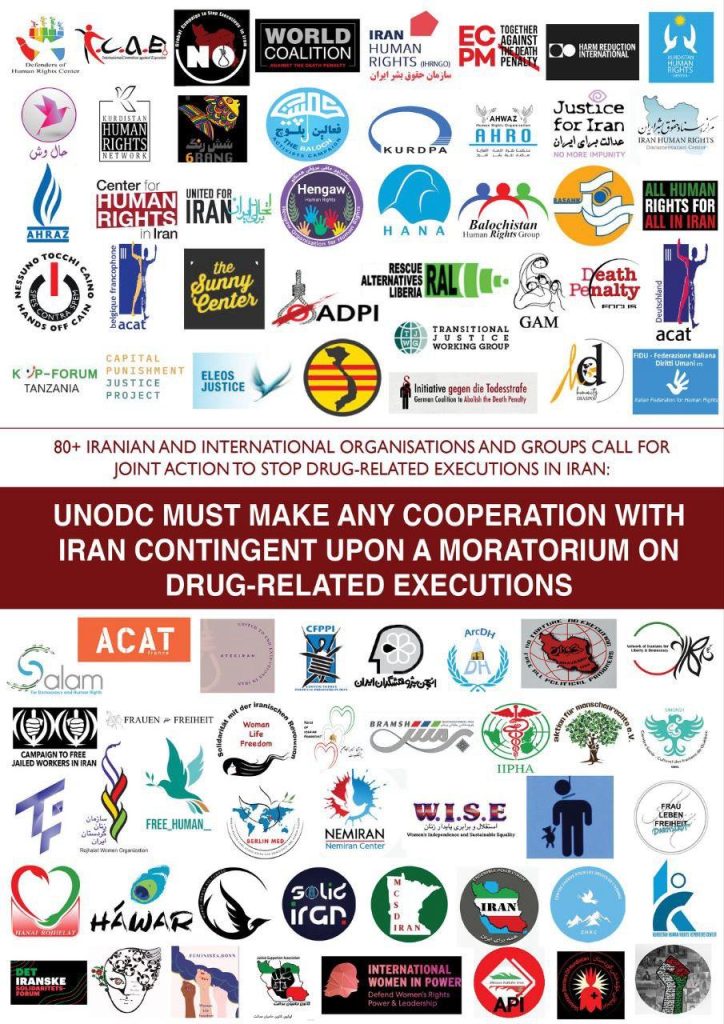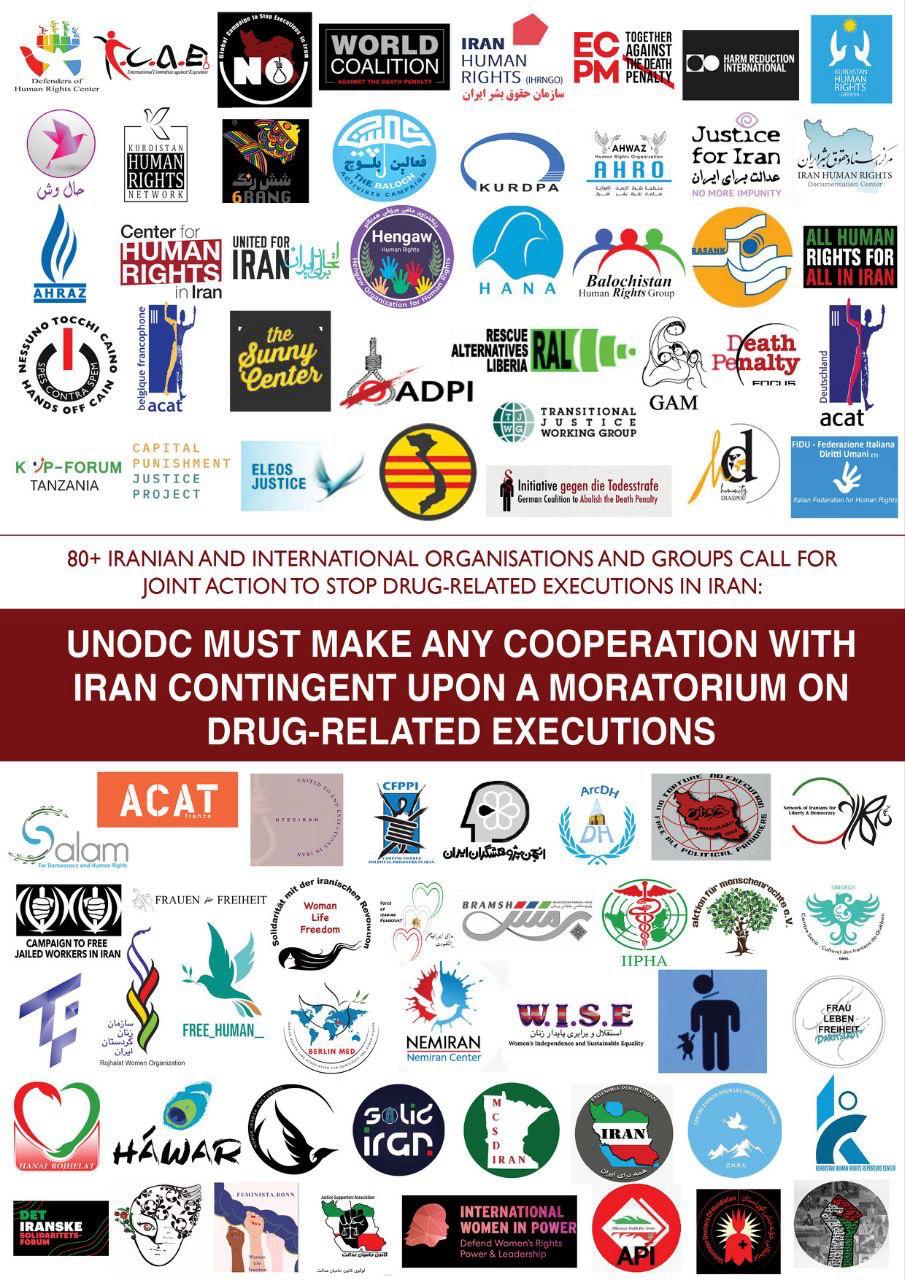A collective call has been made by 82 Iranian and international organizations and groups for joint action to halt drug-related executions in Iran. According to this call, executions in Iran have significantly increased after the “Women, Life, Freedom” uprising, with at least 834 individuals executed in 2023 alone. In that year, over half of the recorded executions in Iran were related to drug charges, with at least 471 individuals executed without any political repercussions for the Islamic Republic.
The majority of those executed come from marginalized communities, with executions disproportionately high in ethnic regions, especially among Kurds and Baluchis. In 2023, one-third of those executed on drug charges were Baluchis.
Individuals accused of drug offenses are sentenced to death by Revolutionary Courts based on confessions obtained through torture, without fair trial rights, and often without access to legal representation.
International response to drug-related executions has been inadequate, with their daily execution execution met with media silence. This has allowed authorities in 2023 to carry out drug-related executions 18 times more than in 2020 with minimal political costs.
Furthermore, the United Nations Office on Drugs and Crime (UNODC), which collaborates with Iran on drug trafficking, not only remained silent on the sharp increase in drug-related executions but also signed a new agreement with the Islamic Republic in May 2023. This collaboration not only legitimizes the government’s use of the death penalty but also leads to more executions through financial aid and equipment. We are concerned that if we do not increase the political cost of these executions for the Islamic Republic, hundreds more will be executed in the coming months.
We call on all organizations and human rights activists to participate in a special global campaign to halt drug-related executions in Iran. The goal of this campaign is to echo the voices of the silenced victims of the execution machine and to deter the Islamic Republic’s intimidation. We also urge the UNODC to condition any cooperation with the Islamic Republic on a complete halt to drug-related executions.



